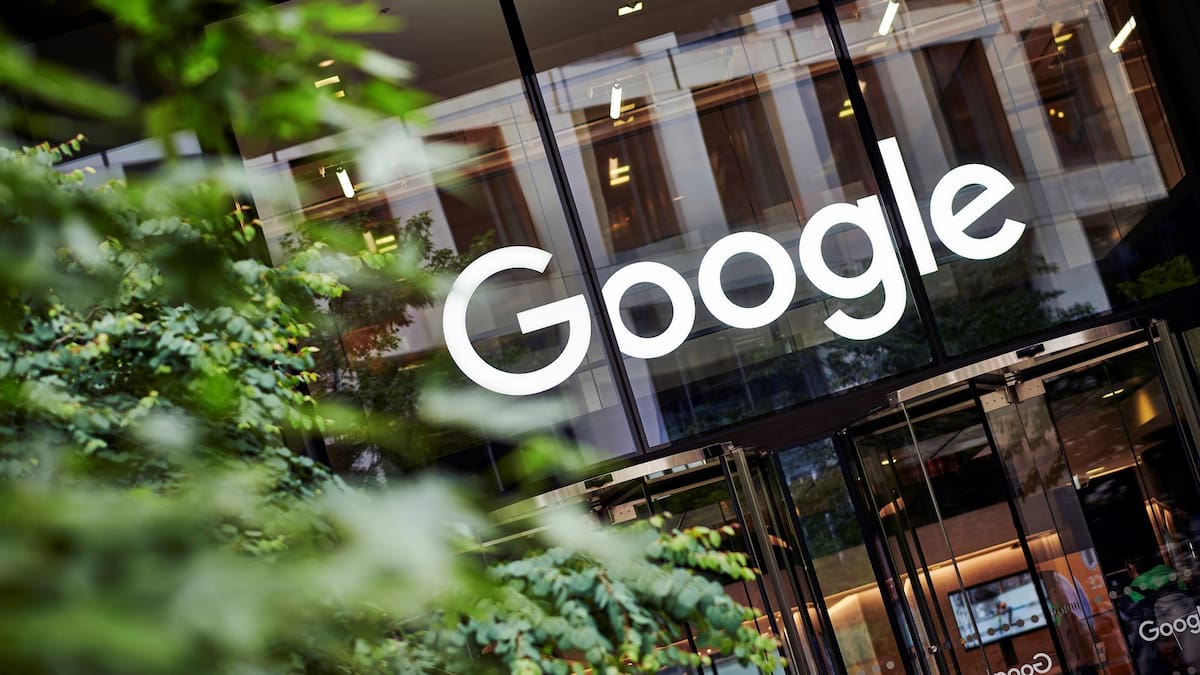“Today is a big win for European citizens and for tax justice,” Vestager told reporters Tuesday.
Vestager, who has served as the EU’s competition enforcer for about a decade, is scheduled to step down this year when a new commission begins its term. “It was the win that made me cry,” she said.
The rulings allowed Vestager and other EU officials to take a victory lap just a day after facing criticism in a long-anticipated report on the bloc’s tech sector. Former European Central Bank president Mario Draghi called for major overhauls to the EU’s approach to industrial and competition policy and for significant investments into its tech sector. The commission-ordered study found that “the EU’s regulatory stance towards tech companies hampers innovation.”
As the E.U. grapples with these questions, Google and Apple are aggressively investing in artificial intelligence. On Monday, Apple unveiled its iPhone 16 devices at a glitzy event in Cupertino, Calif., four products that aim to bring AI to the masses. Google, meanwhile, has been investing in AI chatbots and embedding AI features in its products, including a tool that allows shoppers to virtually try on dresses.
The companies have been appealing the E.U. penalties for nearly a decade. In the Apple case, the court backed a 2016 E.U. decision that said Ireland should recover up to €13 billion, or US$14.35 billion, in back taxes from the company after allowing it to underpay for nearly two decades. The arrangement, European officials said, artificially lowered taxes paid by Apple to a rate of less than 1 percent on European profits.
The court said Tuesday that it “gives final judgment in the matter” and confirmed the decision by the European Commission, the E.U.’s executive branch, that “Ireland granted Apple unlawful aid which Ireland is required to recover.”
Apple had challenged the EU order, and it won an earlier appeal against the back-taxes fines, which has now been struck down by the highest EU court. Apple and Ireland have previously denied any wrongdoing and rebutted allegations that Apple got preferential tax treatment.
In a statement to news outlets, Apple said the “case has never been about how much tax we pay, but which government we are required to pay it to.” Apple said the European Commission was “trying to retroactively change the rules and ignore that, as required by international tax law, our income was already subject to taxes in the U.S.”
In the Google ruling, the court upheld a 2017 European Commission decision to impose the antitrust fine on the company over “abuse of its dominant position” and for giving its shopping services an advantage over those of its competitors in search results.
Dismissing an appeal from Google and its parent company, Alphabet, the court described Google’s practices as discriminatory.
“We are disappointed with the decision of the Court, which relates to a very specific set of facts,” Google spokesman Rory O’Donoghue told The Washington Post. The company said it had made changes in 2017 to comply with the E.U. decision.
The 2016 ruling on Apple was Vestager’s first banner tax case against a global corporation, and she has since built a reputation for her moves against the business practices of tech giants, many of which established their European operations in low-tax nations such as Ireland and Luxembourg. Her aggressive enforcement efforts earned her the moniker “tax lady” from former president Donald Trump.
Written by: Ellen Francis, Cat Zakrzewski





